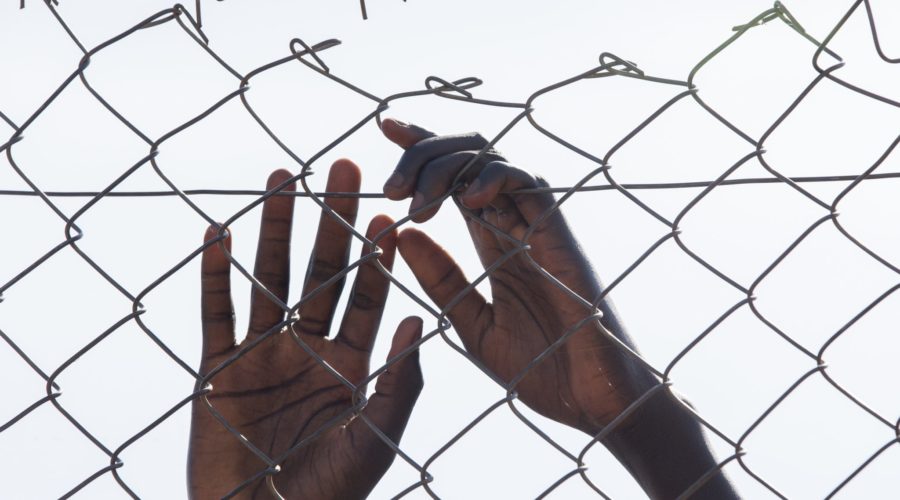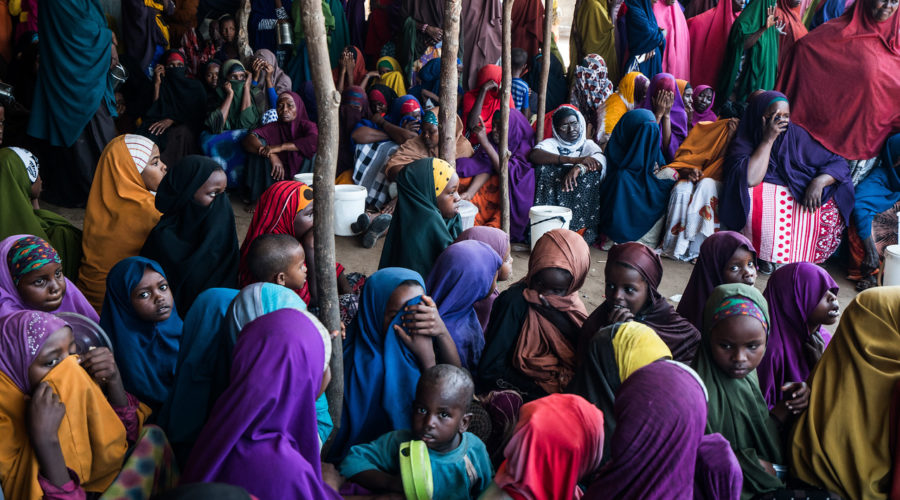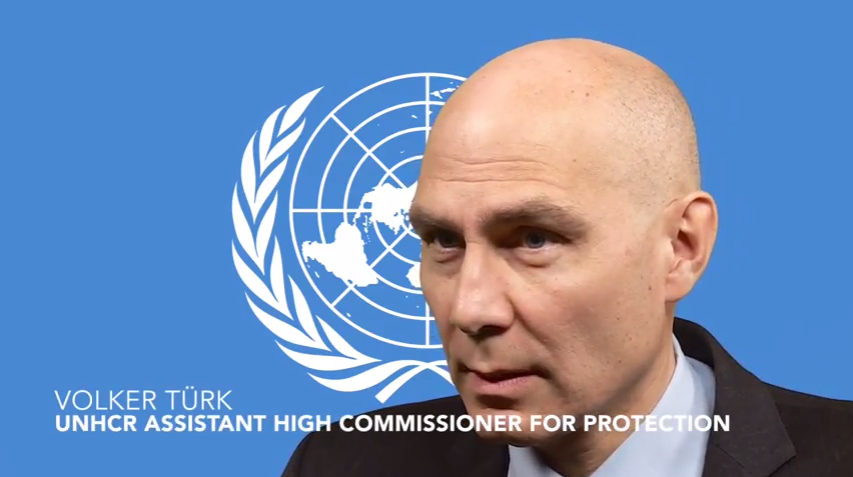The championing of protection by senior humanitarian leaders, including Humanitarian Coordinators and Humanitarian Country Teams, is critical for putting protection at the heart of the humanitarian response. This expectation is clearly affirmed in the IASC Principles Statement on the centrality of protection in humanitarian action from December 2013. An important aspect is the protection of civilians in armed conflicts which had never been more vital given the perilous situation of tens of millions of civilians in contexts such as Iraq, Syria, South Sudan, the Central Africa Republic, Yemen, and others.
Practical steps for senior humanitarian leaders to strengthen the centrality of protection, with a focus on the protection of civilians, include:
- Ensuring that protection is a standing item on the HCT agenda, supported by the presentation of the Critical Protection Issues (CPI) Note. The Note can be prepared by the Protection Cluster Coordinators focused on the most critical protection priorities and include recommended actions for HCT members.
- Using an IHL framework to advocate publicly and privately on the protection of civilians. Establish or use existing networks of important stakeholders to influence parties to the conflict.
- Engaging OCHA and other humanitarian Civil-Military Coordination staff to support outreach with all stakeholders. The focus should be on integrating measures to protect the civilian population and uphold IHL.
- Promoting the use of a draft protection framework, which provides practical guidance to frontline humanitarian workers on how to deal with the operational dilemmas that they face. The framework should enable humanitarians to become familiar with protection issues so that they can act in a timely and predictable manner when faced with a dilemma.
Recording: Due to technical issues, the recording of this webinar is unfortunately not available. Please see the summary of the webinar.





